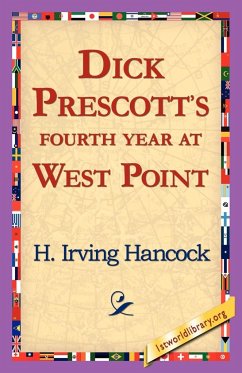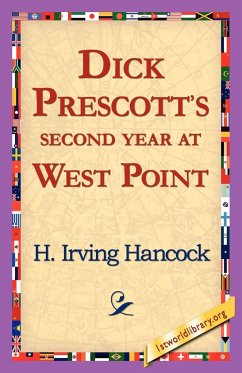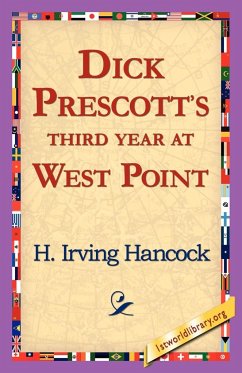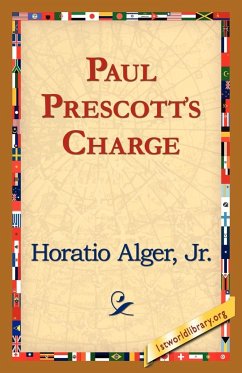Detachment halt! commanded the engineer officer in charge. Out on the North Dock at West Point the column of cadets had marched, and now, at the word, came to an abrupt stop. This detachment, made up of members of the first and third classes in the United States Military Academy, was out on this August forenoon for instruction in actual military engineering. The task, which must be accomplished in a scant two hours, was to lay a pontoon bridge across an indentation of the Hudson River, this indentation being a few hundred feet across, and representing, in theory, an unfordable river.
Hinweis: Dieser Artikel kann nur an eine deutsche Lieferadresse ausgeliefert werden.
Hinweis: Dieser Artikel kann nur an eine deutsche Lieferadresse ausgeliefert werden.








